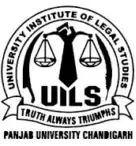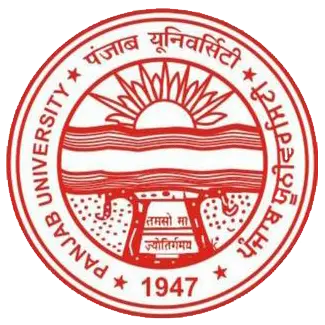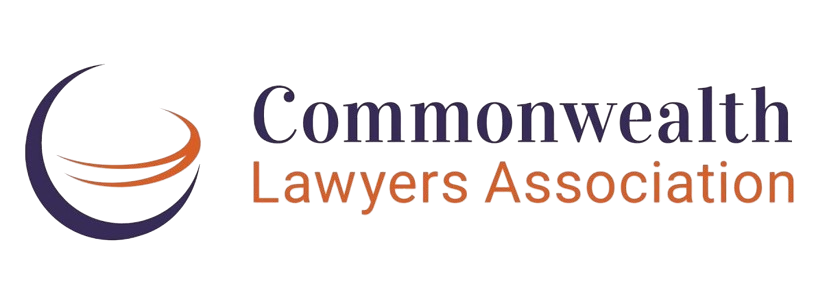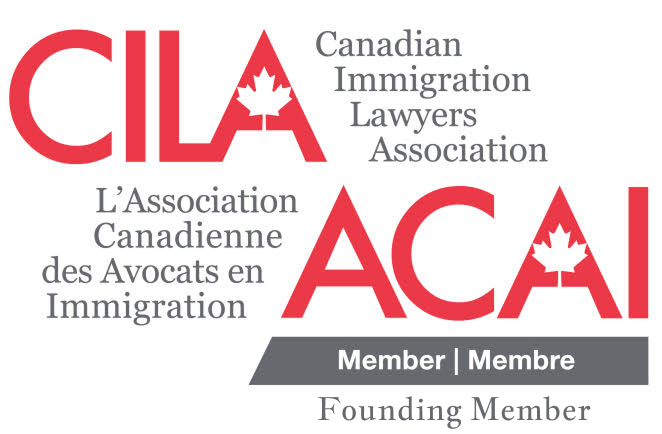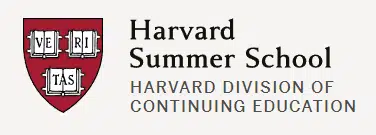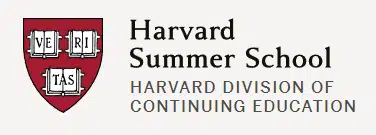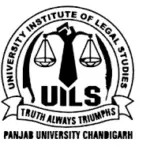to
Fateh Law Corporation
Professional Service In The Field Of "Canadian Immigration Law"
to protect your right

Navratan Singh Fateh*
Barrister & Solicitor (Canada)
Advocate (India)
Navratan Singh Fateh earned his law degree (B.A. LL.B. (Hons.)) from Panjab University, Chandigarh. He further pursued his studies at Harvard Summer School, where he obtained a diploma in Law & Psychology, and completed his Master of Laws (LL.M.) at the University of Toronto. His LL.M. thesis, “Honour Killings: A Canadian Context,” contributed to his deep understanding of complex legal issues. During his time at the University of Toronto, he was also honored to serve as President of the Graduate Law Students Association.
After completing his articles, Mr. Fateh was admitted to the Law Society of British Columbia in 2014. He has extensive experience representing clients before the Provincial Courts of British Columbia, the Immigration and Refugee Board, and the Federal Court of Canada.
In addition to his Canadian credentials, Mr. Fateh is a member of the Bar Council of India and the Law Society of British Columbia.
Fateh Law Corporation is dedicated to serving the needs of immigrants, offering legal expertise and support from a team that understands the unique challenges faced by those navigating immigration processes.
We are the only Canadian Law Firm with a permanent office in Chandigarh, India, where you can physically book a consultation and meet directly with a Canadian Barrister. Mr. Fateh has over 10+ years of litigation experience in the Immigration Refugee Board and the Federal Court of Canada.
* Denotes Personal Law Corporation.
Call us to book an initial consultation +91 9875950786

Navratan Singh Fateh*
Barrister & Solicitor (Canada)
Advocate (India)
Welcome to Fateh Law Corporation, a Canadian law firm dedicated solely to immigration law, committed to assisting clients with their Canadian immigration needs in Canada and abroad. As the only Canadian law firm with a permanent office in Chandigarh, India, we bring a unique, accessible, and effective approach to Canadian immigration services for clients or their family members in India.
Fateh Law Corporation provides clients with the legal power to challenge wrongful IRCC decisions or delays, advocating in the Federal Court of Canada and Canadian tribunals for justice in cases of visa refusals, unjust delays, and other immigration challenges. Our team, led by Mr. Navratan Singh Fateh, leverages over 11 years of litigation experience. As both an Indian Advocate and a Canadian Barrister and Solicitor, Mr. Fateh bridges expertise across jurisdictions to bring our clients reliable, knowledgeable, and strategic legal support.
* Denotes Personal Law Corporation.
Are you tired of looking for immigration law advice in all the wrong places?
Fateh Law Corporation can help. We specialize in challenging and overcoming Canadian immigration refusals. Mr. Fateh has appeared before the Provincial Courts of British Columbia, the Immigration Refugee Board, and the Federal Court of Canada. Apart from litigation, we also assist our clients to reapply for their refused/rejected Temporary Resident Visa Applications and Permanent Resident Visa Applications identifying and overcoming any previous weaknesses.
Why hire a Canadian Barrister/Immigration Lawyer
In the words of the Canadian Bar Association, “Having a lawyer with years of training and expertise may result in a quicker and more favourable outcome because of the inclusion of persuasive argument about the merits of the case, and the avoidance of errors or omitted information.”
10+ Years of Litigation Experience
High success rate/complex cases
India Office/Barrister
presence
Legal Practice Areas
If you are accused of committing a crime, you will need the very best criminal defense attorneys in Fresno. We are especially skilled in the following practice areas


Spousal Sponsorship
Spousal Sponsorship for Canada under the Spouse in Canada or Family Class Application

Visa Deactivation
Visa Deactivation and Interview Calls: Essential Steps and the Need for Expert Legal Assistance
What Clients Say
When you hire our firm to manage your case, you have hired a team of legal advocates who care, who will keep you informed, and who will fight for you.
We Always Do Our Best For Your Justice
